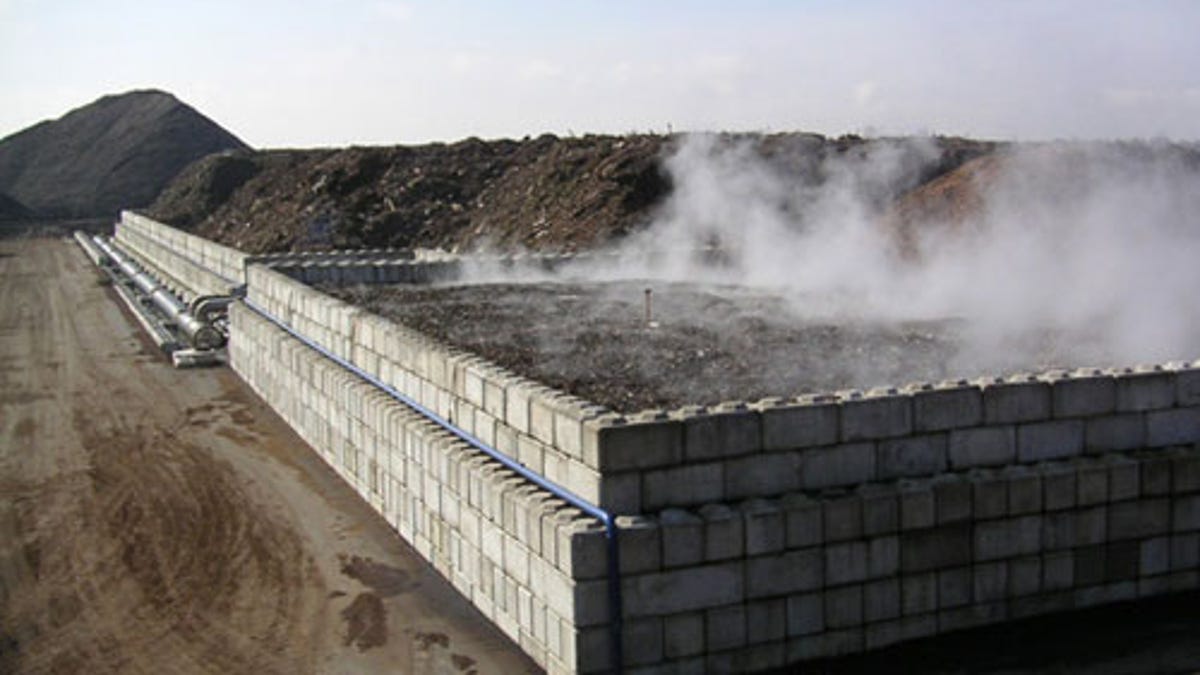Al Gore firm invests in organic waste recycler
Harvest Power raises $51.7 million to build plants that turn food scraps and yard waste into renewable energy or compost.

Harvest Power, which converts organic waste into energy and soil fertilizer, today said it raised $51.7 million in a funding led by an investment company co-founded by Al Gore.
Generation Investment Management, started by Gore and David Blood as a firm focused on sustainability, will be the lead investor in Harvest Power's series B round. Also participating are existing investors Kleiner, Perkins, Caufield & Byers, Waste Management, Munich Venture Partners, and TriplePoint Capital.
Three-year-old Harvest Power specializes in extracting valuable products from organic waste, such as food scraps and yard clippings. It uses different techniques either to generate compost, which is used as a soil amendment, or to produce biogas, which can be burned for heat or electricity. Its projects rely on natural bacteria to break down organic matter.
In the metro Vancouver area, the company is in the process of building a facility that will take household kitchen scraps, including soiled paper, and yard waste and treat it in an anaerobic digester to make biogas.
The $12 million project is sprung from the region's effort to cut down on its waste in the face of opposition to building a new incinerator or landfill. In the process, Vancouver expects to lower its waste tipping fees because there is now a taker for its organic waste.
In other projects, Harvest Power takes organic waste and makes compost using machinery that operate faster than traditional municipal compost methods.
"Harvest is a terrific example of a business whose expertise, products, and services both accelerate the transition to a low-carbon economy and develop a strong financial and competitive position for the company," Blood said in a statement.
Harvest Plans to use the money to expand its operations and fund different projects under development, including another food waste-to-energy facility slated for construction in Toronto later this year. It also expects to expand to areas which have organic waste recycling programs in the U.S. west coast and Northeast, a company representative said.

